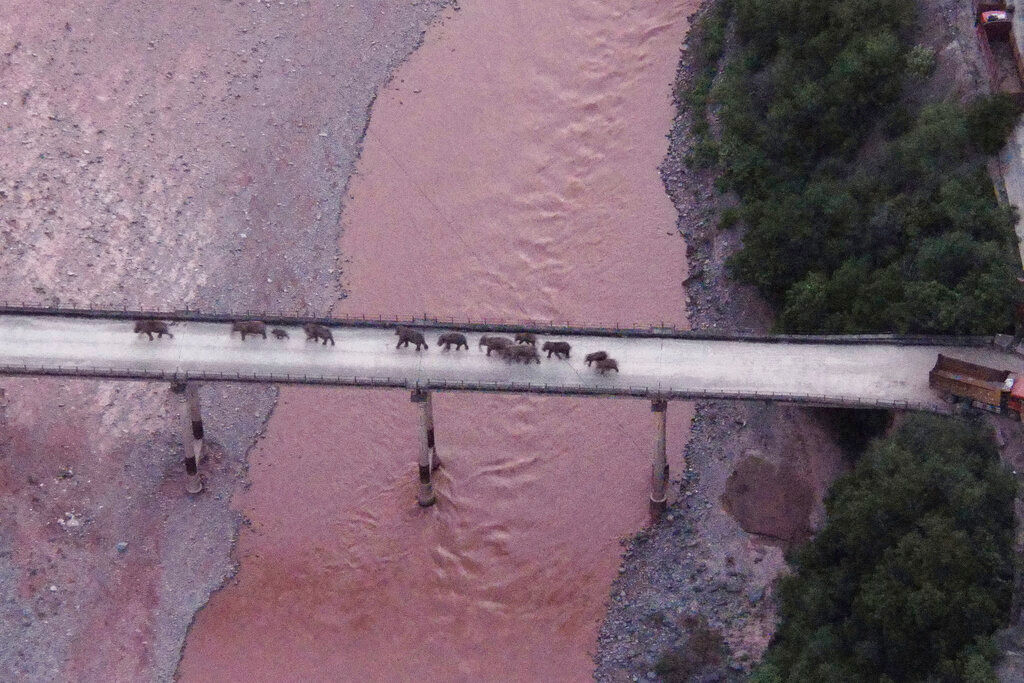World Elephant Day is celebrated every year on August 12 to raise
awareness about the threats faced by Asian and African elephants. World
Elephant Day was conceived in 2011 and launched in 2012 by filmmakers Patricia
Sims and Michael Clark and the Elephant Reintroduction Foundation of Thailand,
which was founded by the Queen Mother of Thailand in 2002 with the aim of reintroducing
captive elephants into the wild and restore their natural habitat.
The initiative has since drawn attention of people towards issues
such as poaching, habitat loss, and the mistreatment of elephants in human captivity.
Sims describes World Elephant Day as a “rallying call” to support
organisations that are working against illegal poaching and trade of elephant
ivory and other wildlife products. It is also meant to “protect wild elephant
habitat, and provide sanctuaries and alternative habitats for domestic
elephants to live freely,” the website of World Elephant Day quotes her as
saying.
ALSO READ: Herd of elephants wandering in China may finally be on their way home
Nearly 100 elephant conservation organisations have lent
their support to the initiative and millions of people worldwide have participated
in programmes to acknowledge World Elephant Day.
The World Elephant Society was founded in November 2015 to
help support World Elephant Day by providing
people information about elephant conservation efforts worldwide.
The largest land mammals on earth, elephants need “extensive
land areas to survive and meet their ecological needs,” according to the World
Wild Fund For Nature( WWF).
The African savanna elephant is the largest species, while
the Asian forest elephant and the African forest elephant are of a “comparable,
smaller size.”
ALSO READ: International Tiger Day: Read about these top 5 tiger reserves in India
Once widely spread throughout Africa and Asia, elephant
populations have seen a considerable decline over the last century due to
poaching for illegal ivory trade and human-elephant conflict due to loss of
habitat.
Elephants are important for maintaining a rich biodiversity as
they make pathways for other animals and their footprints can enable micro-ecosystems
that provide a home to organisms such as tadpoles.







